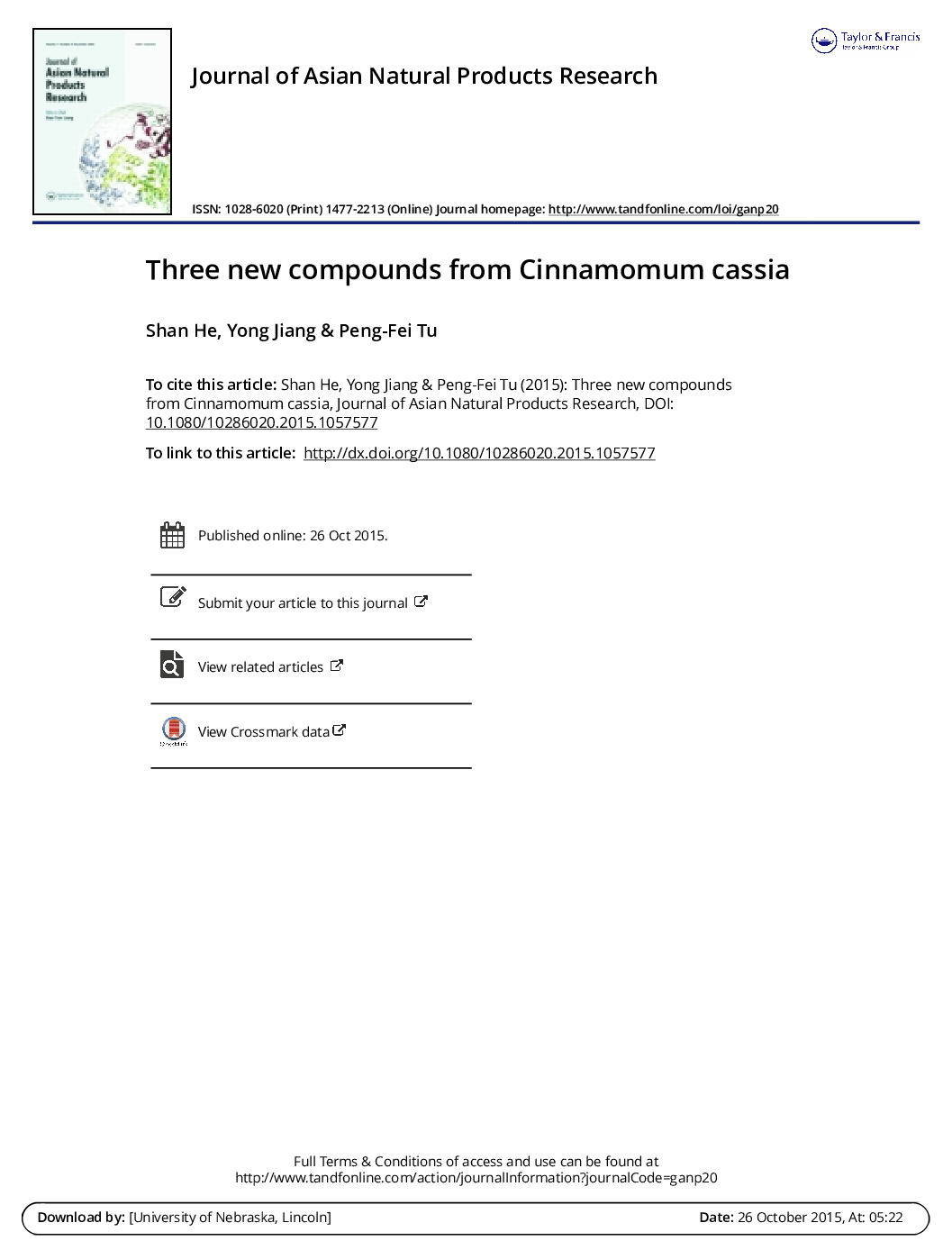| Article ID | Journal | Published Year | Pages | File Type |
|---|---|---|---|---|
| 5821539 | Antiviral Research | 2016 | 8 Pages |
Abstract
The mosquito-borne dengue virus serotypes 1-4 (DENV1-4) and West Nile virus (WNV) cause serious illnesses worldwide associated with considerable morbidity and mortality. According to the World Health Organization (WHO) estimates, there are about 390 million infections every year leading to â¼500,000 dengue haemorrhagic fever (DHF) cases and â¼25,000 deaths, mostly among children. Antiviral therapies could reduce the morbidity and mortality associated with flaviviral infections, but currently there are no drugs available for treatment. In this study, a high-throughput screening assay for the Dengue protease was employed to screen â¼120,000 small molecule compounds for identification of inhibitors. Eight of these inhibitors have been extensively analyzed for inhibition of the viral protease in vitro and cell-based viral replication using Renilla luciferase reporter replicon, infectivity (plaque) and cytotoxicity assays. Three of these compounds were identified as potent inhibitors of DENV and WNV proteases, and viral replication of DENV2 replicon and infectious RNA. Fluorescence quenching, kinetic analysis and molecular modeling of these inhibitors into the structure of NS2B-NS3 protease suggest a mode of inhibition for three compounds that they bind to the substrate binding pocket.
Keywords
Related Topics
Life Sciences
Immunology and Microbiology
Virology
Authors
Anuradha Balasubramanian, Mark Manzano, Tadahisa Teramoto, Rajendra Pilankatta, Radhakrishnan Padmanabhan,
